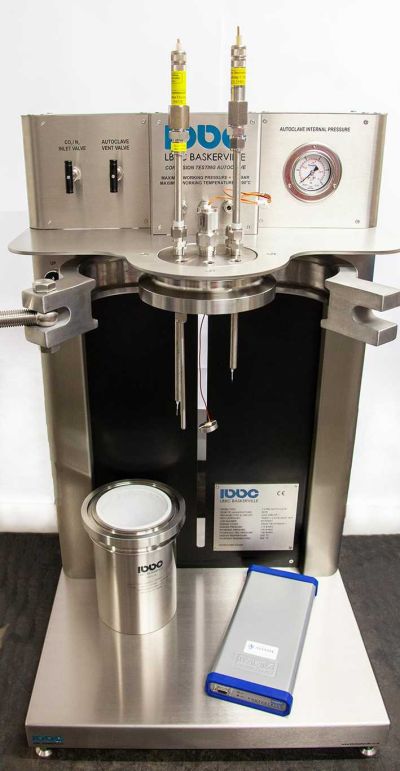Laboratory Corrosion Testing

One of the main advantages of conducting laboratory tests is the ability to control many influencing variables that cannot be controlled in the field, meaning that the influence of an individual variable on the overall corrosion mechanisms can be investigated in real-time. Another advantage is that the extreme conditions found in the field can be simulated in a safe environment, repeatedly and reliably in order to determine the corrosion mechanisms present which can be very cost effective. The fundamental assumption is that all of the parameters influencing the corrosion mechanisms in the field are simulated in the laboratory and therefore the corrosion mechanism in both situations is the same. In order for this to be true and for laboratory methodologies to be useful, the autoclave must precisely simulate the combined effects of all the parameters that would influence the corrosion observed in the field. At LBBC Baskerville, we understand the importance of this and our ambition is to develop a system that accurately simulate the users testing needs.